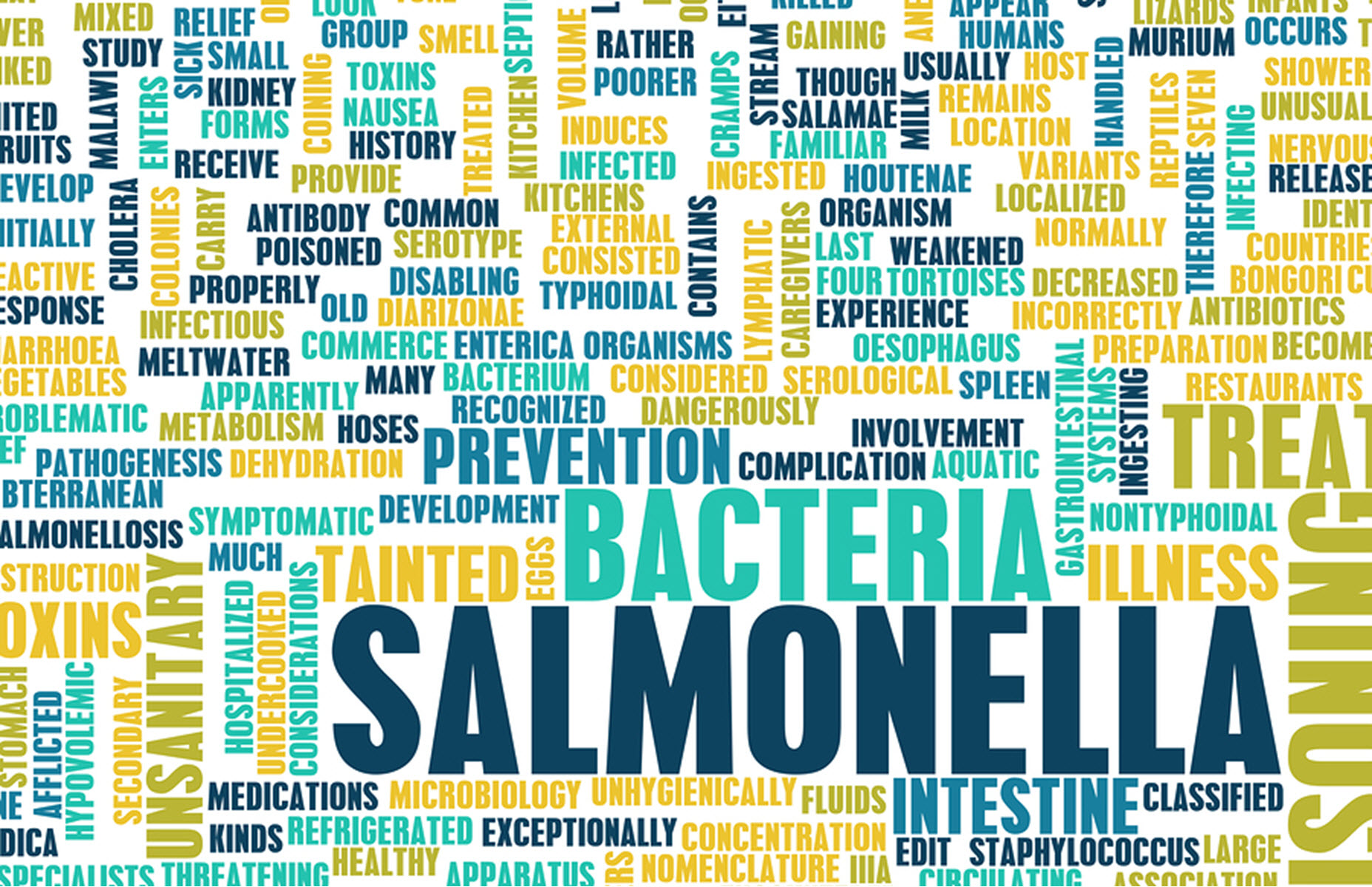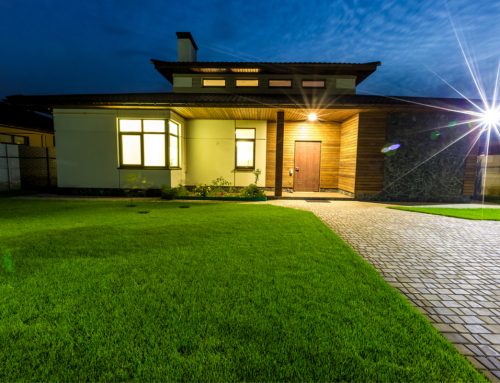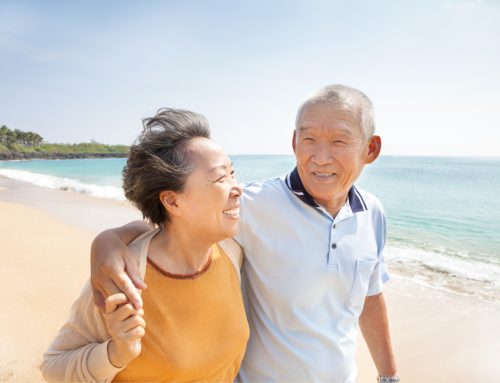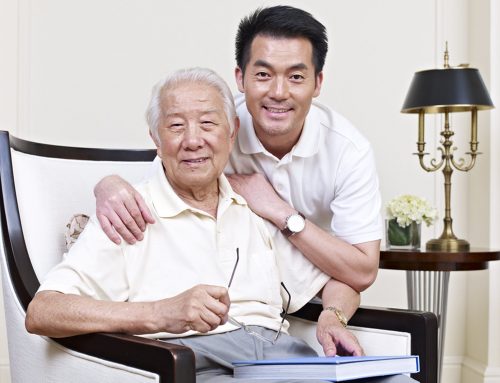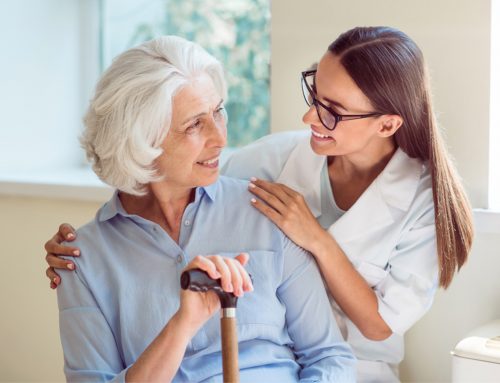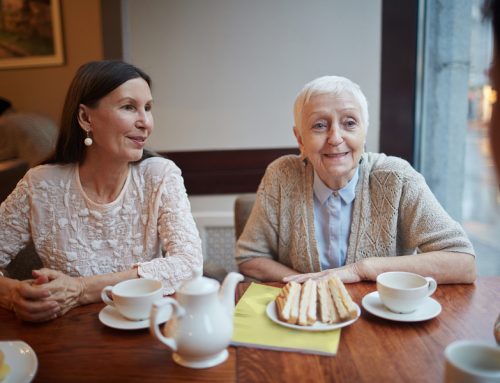Chicken is one of the most popular forms of protein eaten in the United States. It’s a healthy choice, but it is also one that must be handled carefully to prevent food poisoning. Undercooked and raw chicken often carries dangerous bacteria, such as salmonella, campylobacter, and clostridium perfringens. The juices from raw chicken can contaminate surfaces and get on to other foods, too. Knowing the proper way to handle chicken can help family caregivers to prevent their aging relatives from suffering a terrible bout of food poisoning. Below are some steps the Centers for Disease Control and Prevention (CDC) recommends for preventing food poisoning from chicken.
Use a Disposable Bag When Shopping
When you purchase chicken at the grocery store, place it in a plastic bag before putting it in the cart. Most grocery stores have rolls of plastic bags in the meat department. If the store you shop at does not, bring a plastic bag from home or ask for one at the checkout. Chicken should be in a plastic bag when it is in the refrigerator at home, too. That prevents the juices from leaking out and contaminating other foods.
Wash Hands Often
Before you handle the raw chicken and afterward, wash hands in warm, soapy water. Any time you touch the raw chicken, wash hands before touching other surfaces or items in the kitchen. For example, don’t pick up the raw chicken, then go through a stack of pans in the cupboard to choose the right one. Doing so spreads the bacteria to every pan you touch.
Never Wash Raw Chicken
Don’t wash or rinse raw chicken. Doing so can spread bacteria to the sink and countertops around it.
Wash Surfaces and Utensils
After working with raw chicken, wash surfaces in the kitchen with hot soapy water. In addition, wash any cutting boards, utensils, or other dishes used in preparing the chicken. Never place other foods on a dish that held raw chicken.
Make Sure Chicken is Completely Cooked
Before serving chicken, test the internal temperature with a meat thermometer. The safe temperature for serving chicken is 165 degrees. When you take your aging relative to a restaurant, if you suspect the chicken they are being served is undercooked, don’t be afraid to send it back.
Some older adults have difficulty cooking safely. They may not have had to cook for themselves in the past or cognitive issues can make following the proper steps difficult. An elderly care provider can cook meals for them to ensure they are eating healthy meals that are also prepared safely. Elderly care providers can also help to keep the kitchen clean and disinfected to prevent foodborne illness. If your older family member enjoys cooking but is having some trouble on their own, an elderly care provider can cook with them, so they still get the fun of cooking but are still safe.
If you or an aging loved-one are considering hiring Home Care Services in Auburn, AL, please contact the caring staff at Prime Home Health today. Caring for Our Friends and Neighbors in Tallapoosa, Chambers, Lee, Macon and Russell Counties! Call us 24 hours a day, 7 days a week! 334.745.7966
Sources

